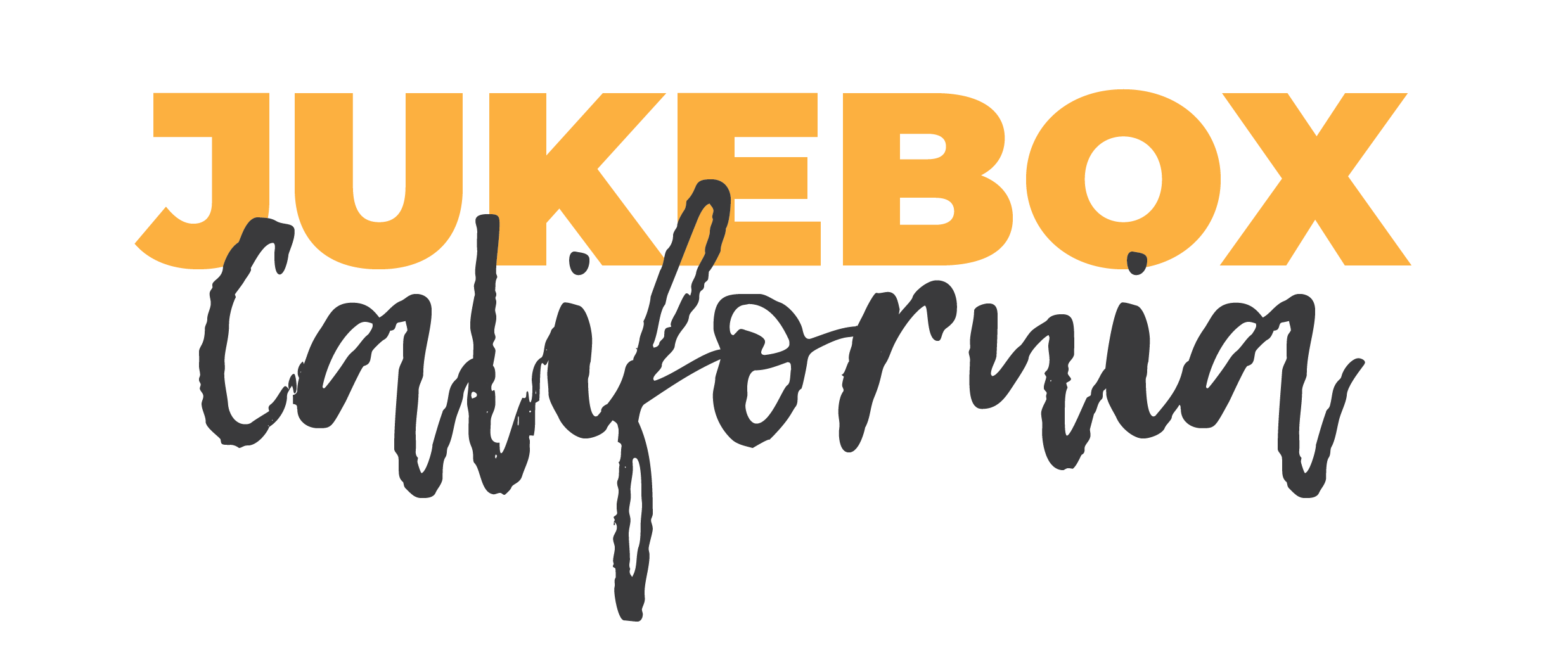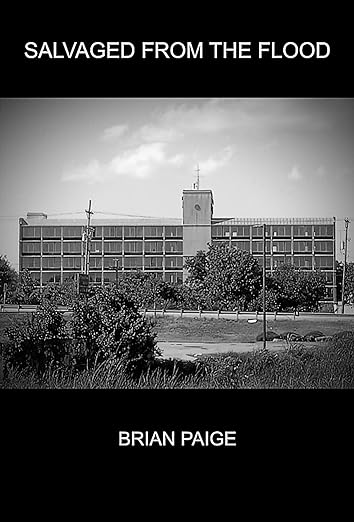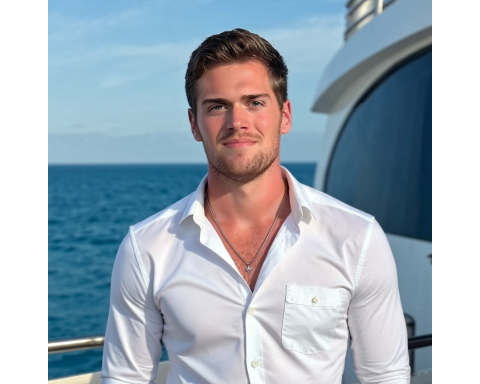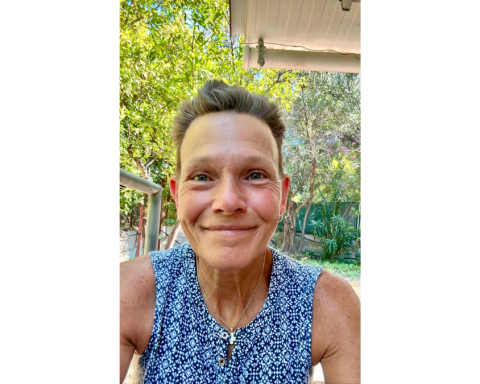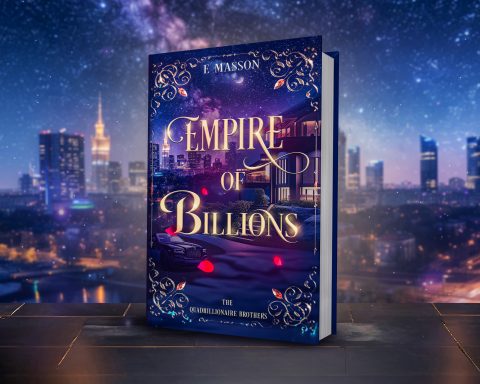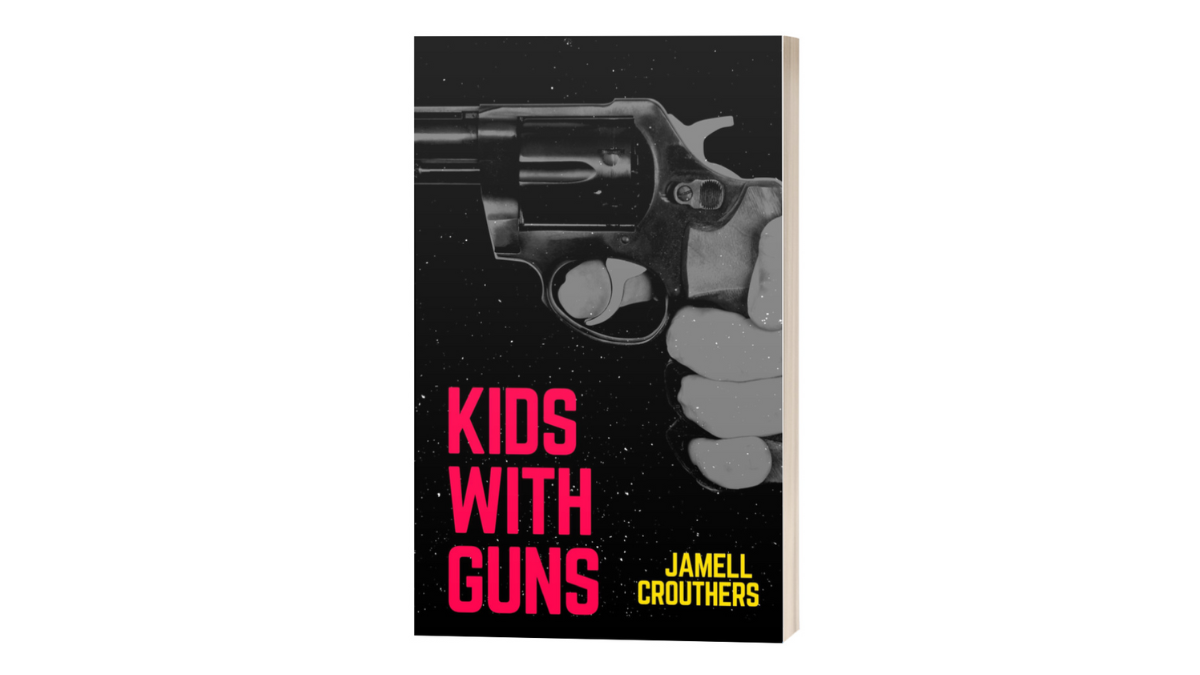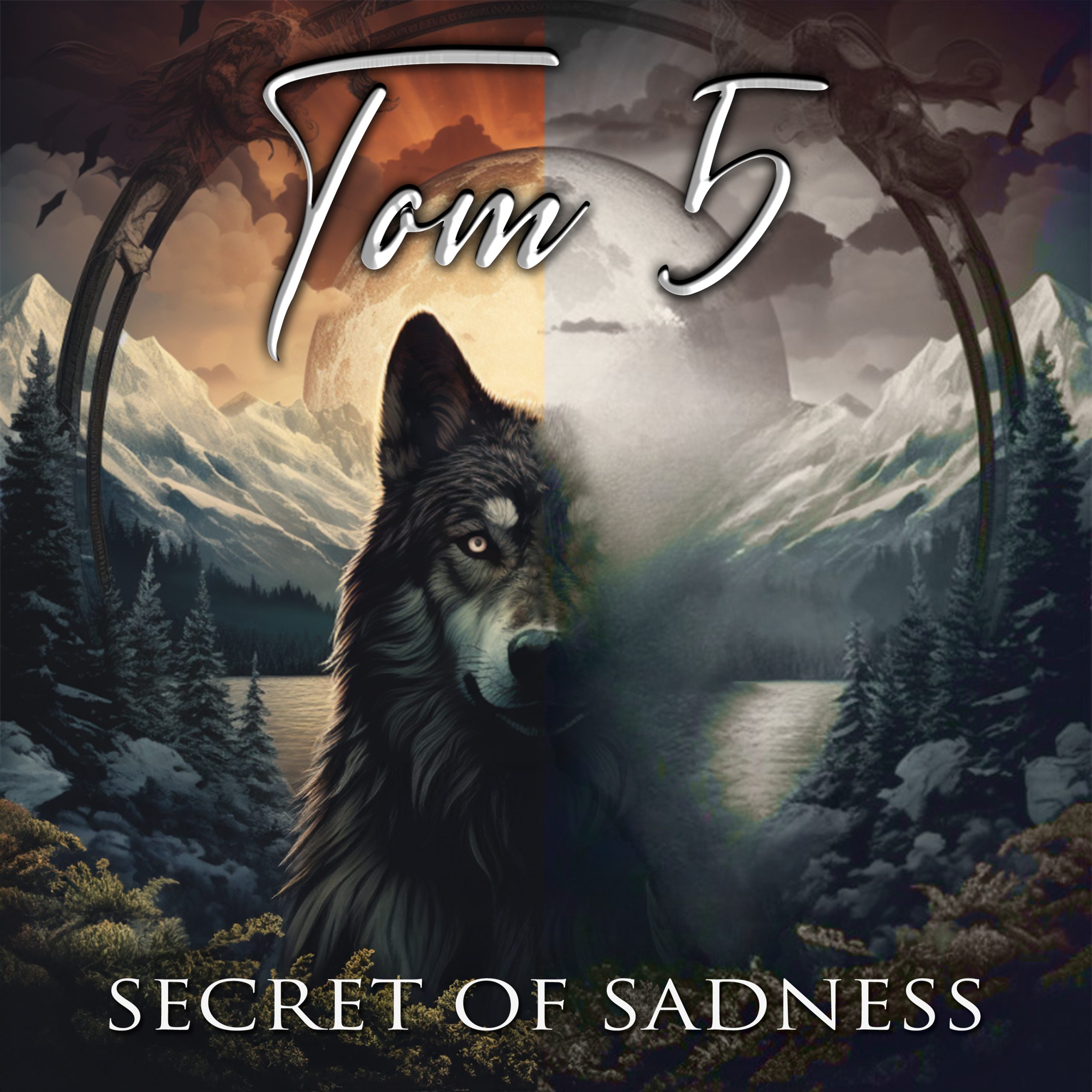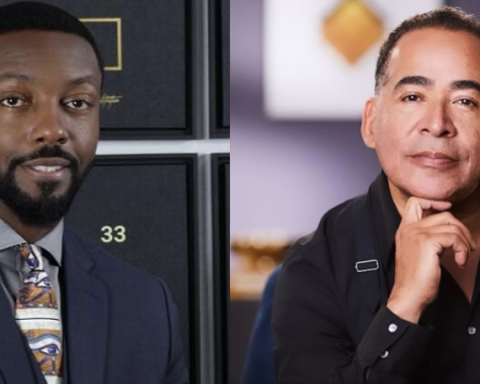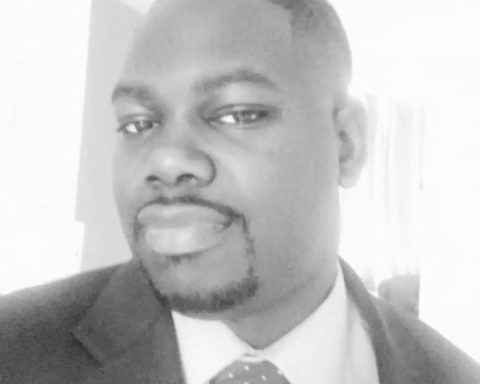Today we are featuring an insightful interview with Brian Paige regarding his book Salvaged From the Flood, delving into the book’s concepts, his inspirations, and much more!
Q. Welcome to Jukebox California! How are you doing?
I’m doing pretty well, thanks. Looking forward to the interview.
Q. Can you share with us the inspiration behind “Salvaged From the Flood” and what motivated you to chronicle chapters of your life from 1991 to 2022?
Well, the book begins and ends with chapters on youth baseball, which were the two chapters I wrote first. At the time these narratives weren’t meant to be any sort of published pieces, just me venting. My own reflections on my 11-12 year old days at Beechmont Babe Ruth League circa 1991-92 were spurred on by an argument I got into with an opposing team’s 1st base coach who happened to be a member of the 2002 Valley Sports team that won the Little League World Series. From there it was easy enough to chronicle the debacle that was my son’s All Star experience in 2022 and discuss the decline of league play over the years.
But really, it was The Yearbook story that was where I had some serious inspiration. Sometimes a story is begging to be told and that one chronicles some events during my senior year of high school. Ironically, if any number of sites had published that story as a standalone, I probably would have stopped writing. But they didn’t, so I kept going. The technology of the various periods are reflected in these stories, be it the “We still pass notes around” era described in 1995-96 when the Net was barely a thing, but by 2001 (in Diamond Horseshoe) the world had radically changed, and the internet was an everyday part of life that could lead one to meet some interesting people. The first few chapters in the 1990s have a melancholy nostalgia to them, but after 9/11 I think the book’s themes become more complicated.
Q. The book is divided into three sections. How did you decide on this structure, and how does each section contribute to the overall narrative?
I would say sections 1 and 3 more closely align with the overall themes of the book than section two (Welcome to Debate). I thought of actually placing the entire debate section of the book last but was talked out of it by my editor. I get what she meant about telling things in chronological order, but a part of me wanted to tell the story out of order Tarantino style, haha. But really, as I put the book together it felt right to divide it into the three sections: 1991-2009, the debate chapters from 2009-11, then more adult oriented married life since 2011. As the book progresses, there is a consistent theme of systems declining: Little League baseball, the school system, neighborhoods, the health of family members, and so on. The debate chapters are somewhat the exception to this, since I arrived at a time when the program was already in decline, but I’d like to think things turned around after that.
Q. Writing a memoir involves a deep exploration of personal experiences. Were there any moments or chapters in “Salvaged From the Flood” that you found particularly challenging or emotional to revisit during the writing process? How did you navigate those challenges?
The most difficult aspect of writing some of these chapters was discussing certain moments with the other people involved. Sometimes people would be glad to reminisce, but other times not so much and it was an awkward situation (The Yearbook in particular). Other chapters, such as The Sub Par Filmmaker, were laugh out loud funny looking back on the ridiculous scenes from my script that we filmed, but the actual story is probably the most downbeat one in the entire book.
Other chapters like the Three Weddings chapter and the King of Crypto two part story have callbacks to things mentioned earlier in the book, so pay close attention. Some are trivial, such as my refusal to read The Dollmaker in HS English class, but other events are more critical (if not the key plot point of a story). My dad’s stroke in June 1996 is a key plot point, even if it isn’t the driving force of a single story in the book. He wrecked his own health trying to remodel my grandmother’s rickety house in Henderson, KY. Over two decades later my wife and I were visiting Evansville and took a trip across the river to Henderson to see what became of the house, only to find a vacant lot where the house once stood.
Q. Exploring personal development is a key theme in your book. Could you reflect on a crucial moment or realization from your journey that you feel captures your growth as an individual, both within the pages of the book and in your real-life experiences?
Well, it would be nice to say that I managed a full self-reflection on my own white privilege, which was a key theme of the debate chapters. But in actuality, that sort of thing can be a lifelong process, one that only started to dawn on me circa 2020 with the deaths of George Floyd and Breonna Taylor.
I’d say the most powerful moment in the book is my breakdown at my dad’s funeral in 2018. It was like in that moment all the foolish attempts at making a fortune in Quixotic fashion (film, crypto, whatever) went by the wayside and I realized it was the people in that room that really mattered.
In other ways, I would say this book is not about personal development as much as it is about arrested development. The 2006 era Sub Par Filmmaker chapter in particular is about a group of guys who haven’t exactly adjusted well to being young adults. Amusingly, at the end of The Yearbook I even state as much, that I am still the same misfit, the same frustrated writer, and the same socially awkward kid I was in 1997.
Q. Can you share your writing process? Did you have any specific rituals or approaches that helped you capture the essence of each chapter?
I don’t know that I have a firm process as much as I need inspiration. It can be simply talking to someone on Facebook and deciding to write about certain events, but once it pours out, it pours out. From there it’s a matter of revising, adding certain things, removing other things.
Q. As an author, who are some of your favorite authors or literary influences? How have these influences shaped your writing style and storytelling in “Salvaged From the Flood”?
I don’t especially read much fiction, but I do enjoy reading a lot of sports books. I’ve enjoyed various Jeff Pearlman books (Showtime, The Bad Guys Won, Boys Will be Boys), but I can’t especially say any of those books influenced what I was doing here. I suppose my book is closer in a way to Roger Kahn’s The Boys of Summer, just sub in the University of Louisville for the Brooklyn Dodgers. That isn’t to say I covered U of L sports or 20 years later went to visit everyone from U of L basketball, but that Kahn’s book has a similar idea of things changing with the passage of time. I wouldn’t say my book is a sports book exactly, though it does contain a decent amount of sports talk. I’m more of a film buff and my previous writing has been screenwriting more than anything.
Q. Any tips or advice for aspiring writers?
I would advise settling on one particularly good editor if you can find one, since self-publishing is tricky, and you can run through several people who are satisfied with taking your money but not in producing results for your book. Stay away from the vanity press types as well. Either go with a legit publisher or do it yourself. I figured my book would be best served as a self-published piece, but just keep the costs down. You don’t have to buy a bunch of ISBNs, just use the one Amazon provides (or IngramSpark). If you self-publish, keep the costs low. Oh, and never try to edit a PDF. You will lose your mind.
Q. Can you provide a sneak peek into any upcoming projects or ideas you have for future books? What themes or topics are you excited to explore next?
I definitely left some chapters on the table. My various trips to Florida were not covered in this book, though I initially tried. By that point I was fairly burnt out with writing and that 2003 era chapter wasn’t working, so I put it aside to revisit some other time. I allude to not being able to tell certain stories easily, and those chapters in particular fit that description. I also thought of writing a chapter on the making of my album Sonic Screamer, so that could be something worth discussing in a future book. I think the reason I didn’t include it in this book is because it was purely me doing it with minimal involvement from anyone else, so unlike The Sub Par Filmmaker it isn’t a tale of people at a confusing point in life. It would simply be a chronicle of how to go about producing your own indie album. Of course, there are people and events I could write about, but some stories are ongoing and without an end.
I could also delve into the idea of being an obsessed sports fan, which pops up here and there in Salvaged, but I only briefly touch on the current pathetic state of U of L basketball. There’s a cautionary tale there, I think. Basing a fair amount of your own identity on a team can really hurt when that team ends up scandal plagued and a laughingstock.
Q. Lastly, as we ask all our guests on Jukebox California. Any closing thoughts that you would like to share with the world and our readers?
Yes, in the end my book is about someone who has gone through some trials and tribulations, but at the end of the day still looks forward to getting up in the morning. The final page of the Afterword mentions, “Maybe yesterday wasn’t a very good day. Maybe today wasn’t much better. But maybe tomorrow will be better. All you have to do is wake up in the morning and find out.”
About the Author: Brian Paige is an author who lives in Louisville, Kentucky, with his wife, Amanda, and son, Andrew. He is a 2001 graduate of the University of Louisville with a Bachelor of Arts in Communications, 2011 U of L graduate with a Master of Arts in Communication, and 2016 graduate of the University of the Cumberlands with a Master of Arts in Teaching in secondary social studies. He also has a self-produced album under the name Demo, Sonic Screamer.
The book is now available on Amazon: Salvaged From the Flood
For more details visit: www.salvagedfromtheflood.com
